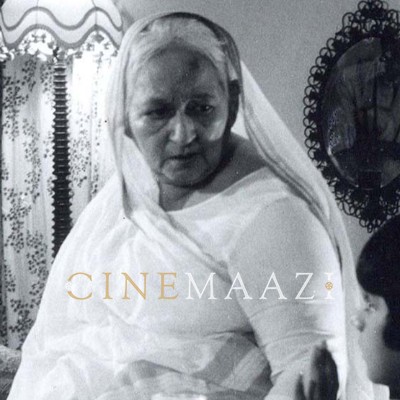Yusuf Mulji
Subscribe to read full article
This section is for paid subscribers only. Our subscription is only $37/- for one full year.
You get unlimited access to all paid section and features on the website with this subscription.
Not ready for a full subscription?
You can access this article for $2 , and have it saved to your account for one year.
- Born: 5 May, 1911 (Bombay)
- Primary Cinema: Hindi
Cinematographer Yusuf Mulji was active in films from the 1930s to the 1950s, and has several films to his credit. Among them are P C Barua’s iconic Devdas (1935), the Prafulla Roy-directed social Pujarin(1936), Debaki Bose’s Bidyapati (1937), the reformist film about widow remarriage Anath Ashram (1937), P C Barua’s social drama Adhikar (1938), Debaki Bose’s musical love story Sapera (1939), Hemchandra Chunder’s Parajay (1939), Jawani Ki Reet (1939) starring Kanan Devi, Phani Majumdar’s Doctor (1940), New Theatres’ Hindi-Bengali bilingual Nartaki (1940), Savithri (1941), Hamara Sansar (1945), Azadi Ki Raah Par (1948), the documentary Our India (1950) and the romantic comedy Ladki (1953) directed by M V Raman.
New Theatres’ Devdas, which Mulji cinematographed, is an all-time hit. Based on the Sarat Chandra Chattopadhyay novel, it made the director Pramathesh Chandra Barua, who also essayed the lead role, an overnight star. The film also revolutionalised the concept of cinema as entertainment into cinema of social concern and literature expressed through celluloid.
The Mulji-cinematographed Bidyapati told the story about Maithili poet and Vaishnava saint Vidyapati. The tight close-ups helped the narration of the story which focused on the poetry and songs, which were considered bold for their time.
Interestingly, while the film Nartaki was criticised for being poor in development and intellectual conception, and also marred by largely disappointing performances, Yusuf Mulji's camera-work was commended as was the music score by Pankaj Mullick. The film went on to become a commercial success and was recommended as one of the top films of 1940, cited as the first "major cinematic-essay" on a dancer's life.








.jpg)



